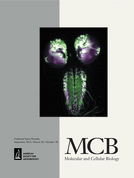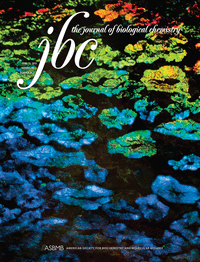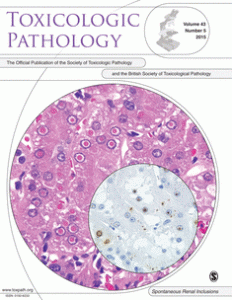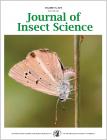 An investigation at the University of Florida has led to the retraction of a pair of papers on the stress responses of Caenorhabditis elegans in Molecular and Cellular Biology.
An investigation at the University of Florida has led to the retraction of a pair of papers on the stress responses of Caenorhabditis elegans in Molecular and Cellular Biology.
One paper has been retracted, and one “partially” retracted, as the main conclusion was “not compromised.” According to the retraction notes, the investigation found the data were “falsified” by first author Chi Leung, a former postdoc at UF.
Here’s the note in full for the partial retraction of “A Negative-Feedback Loop between the Detoxification/Antioxidant Response Factor SKN-1 and Its Repressor WDR-23 Matches Organism Needs with Environmental Conditions:”
Continue reading Investigation digs up data falsification in two papers on roundworm stress








